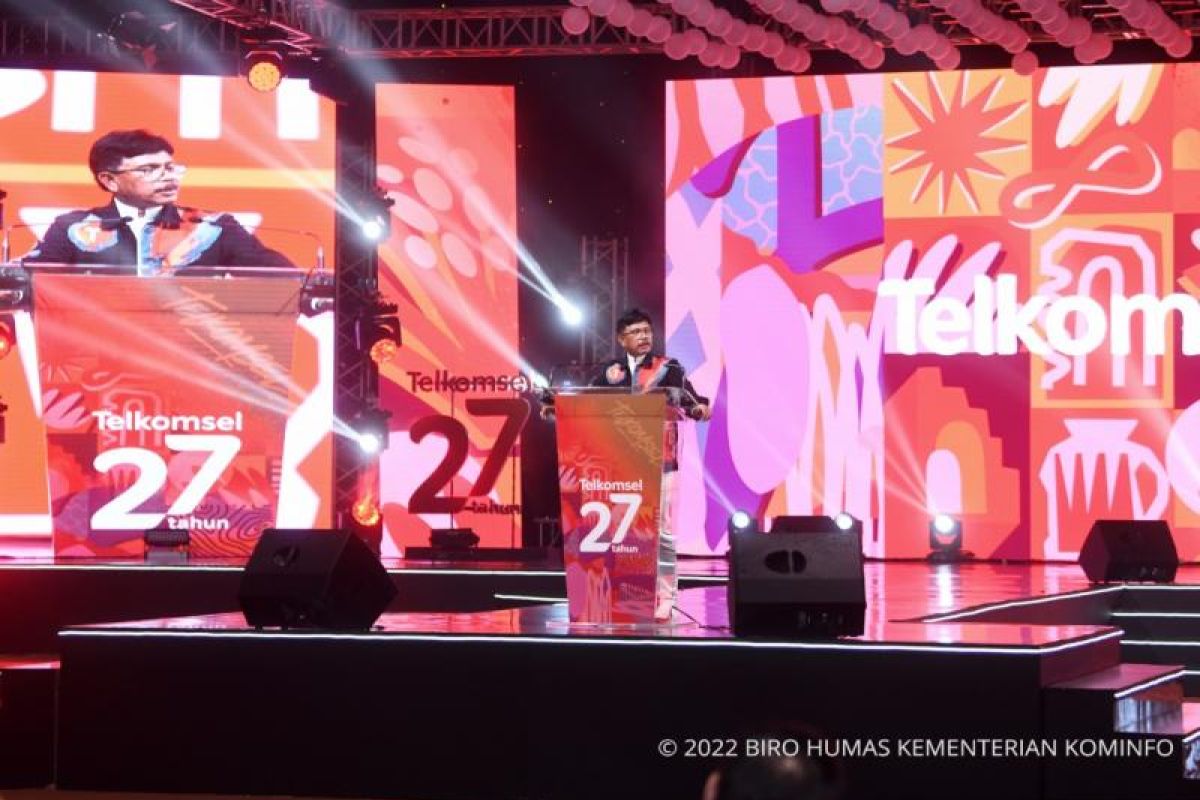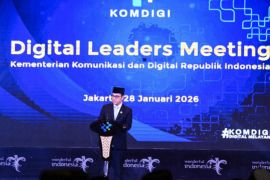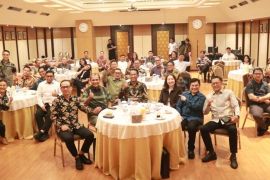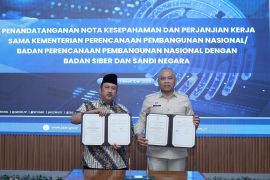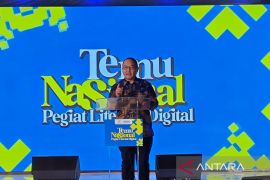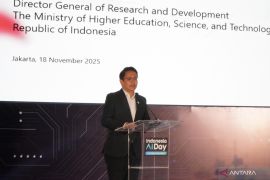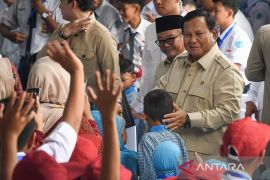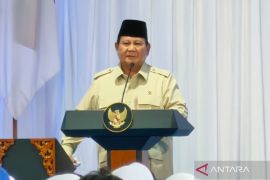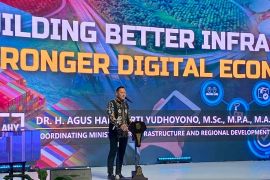The first sector that supports this is regulation. The minister opined that an investment-friendly legal umbrella will create jobs and produce an economic derivative.
"Digital sovereignty can only be achieved if we have an adequate regulation umbrella. It is to ensure our digital sovereignty and also to open space for investment," he explained.
Adequate regulation will allow Indonesia to fill and master its digital space. Indonesia's digital economic potential is projected to expand.
In 2025, Indonesia's digital economy is projected to grow to US$146 billion, or around 40 percent of the ASEAN's digital economy. By 2030, the value of Indonesia's digital economy is expected to even reach US$315 billion.
Related news: Digital transformation discussed at G20 crucial for Indonesia: Indef
The second concerns the availability of an adequate frequency spectrum within the telecommunication ecosystem.
Plate's ministry is currently conducting frequency spectrum farming and refarming to suffice for the development and adoption of new technology.
The minister noted that Indonesia requires a frequency spectrum of 2.047MHz for digital transformation.
The minister urged telecommunication operators to observe the frequency spectrum allocation during refarming for ensuring more efficient management.
This will not only be beneficial for the state's revenues but also for the development of the national economy and/or other national telecommunication demands, he explained.
The telecommunication sector is the third one that supports digital transformation. Currently, telecommunication infrastructure is being expanded across Indonesia.
To support the development of telecommunication infrastructure, Plate's ministry implements blended financing, specifically for the development of microwave link and fiber link, as well as multifunction high-throughput satellite, with a capacity of 150Gbps.
Moreover, the Telecommunication and Information Accessibility Agency strives to complete the development of base transceiver station (BTS) in the outermost, underdeveloped, and frontier (3T) areas.
Lastly, quality human resources are also necessary to manage the adopted technology.
Related news: RI's digital transformation plan draws global interest: Minister Plate
Related news: DEWG chair highlights strategy for digital transformation
Translator: Natisha A, Fadhli Ruhman
Editor: Suharto
Copyright © ANTARA 2022
